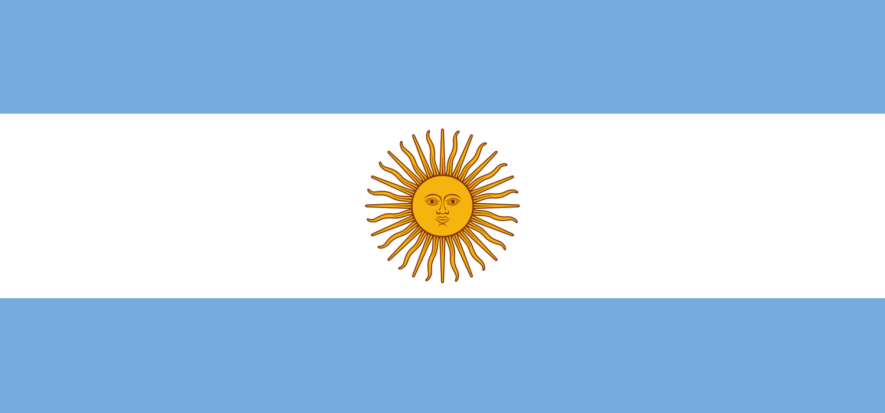The new free-trade policy imposed by President Macri has had cross effects on Argentinian leather industry. To begin with, it has hit companies, which are facing the recession of domestic sales and, at the same time, increasing management costs: “Small and medium-sized enterprises are dealing with an appalling situation: many of them are striving hard to cope with that, but many others are forced to shut down”. Likewise, such situation is affecting workers as well: in fact, from 2015 to 2018, the number of employees dropped from 18,000 down to 12,000; on top of that, “thousands of workers are in trouble because of work shift reduction, no overtime and late payments”. Marcelo Cappiello, general secretary of the union of Argentina’s leather tanning workers (SECEIC), while being interviewed on Canal Abierto, depicted a rather gloomy scenario in the leather industry: the decision, made by the Casa Rosada, to open both to exports and imports is actually modifying Argentina’s manufacturing fabric. In Cappiello’s opinion, Argentina, which is a manufacturer of benefit goods, is becoming again a raw material producing country: “We do not export leather – he complains – but shoes. Due to Macri’s economic policy, domestic economy is “turning primary again” more than ever before”. Actually, we can make a comparison perhaps: “Looking back at past history, the current scenario possibly reminds of the Década Infama (a period marked by economic and political crisis following the coup d’état which took place in 1930, Ed.), when we used to export wool and we imported pullovers”.
Argentina’s union of leather tanning workers is desperate: “We are facing a heavy crisis, like in the thirties”











